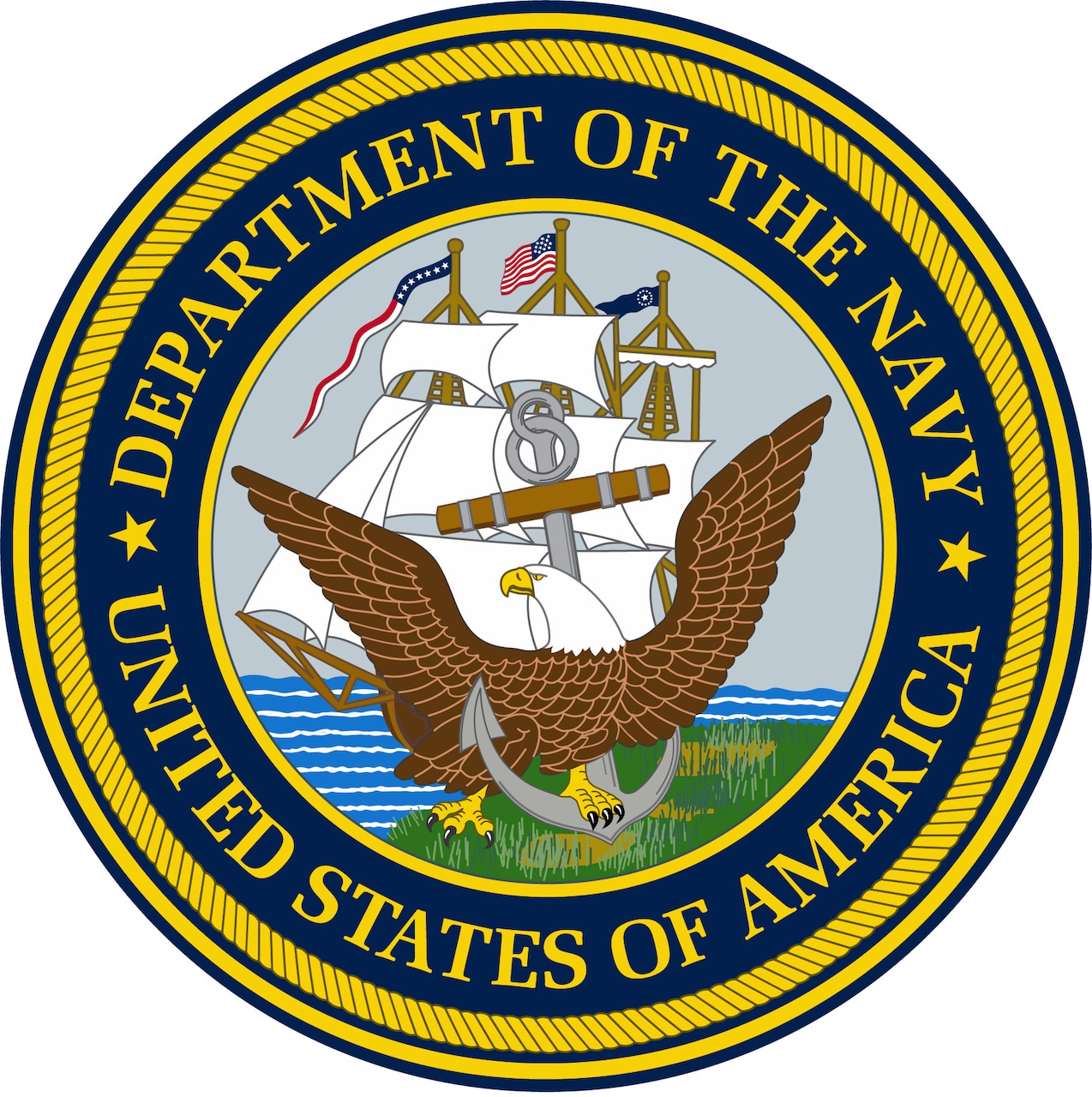Turkey and Hungary have much to fear from Putin’s predations
Sweden is at last entering NATO, thanks to Turkish President Recep Tayyib Erdogan and Hungarian Prime Minister Viktor Orbán lifting their holds on Stockholm’s application. The decision by these leaders to finally support Swedish entry means that the Baltic Sea has effectively become a NATO lake, thereby heightening the threat not only to the Russian exclave Kaliningrad, but to Vladimir Putin’s native St. Petersburg as well.
A number of factors led to the long-awaited decisions by the two leaders. Turkey objected to Sweden’s refusal to crack down on its large Kurdish population, many of whom Ankara considered to be members or supporters of the Kurdish terrorist PKK organization. But over the past year, Sweden introduced a new anti-terrorism bill that renders membership in a terrorist enterprise illegal. Stockholm also increased its surveillance of the Kurdish community, toughened its treatment of Kurdish asylum seekers and shut down bank accounts of Kurdish charities suspected of supporting the PKK. Swedish public radio also announced the termination of its Kurdish language broadcasts, though it insists that is just a cost-cutting measure. When the Turkish parliament ratified Sweden’s application, members of the Erdogan’s AK Party pointed to Sweden’s new policies as a major factor in their voting to support Swedish entry to NATO.
Turkey had also resented Stockholm’s 2019 ban on arms sales in response to its military operations in Syria against the Kurdish YPG militia. Both Sweden and Finland, which had issued a similar ban, lifted their restrictions in September 2022, just after the two countries applied for NATO membership. Canada and the Netherlands, which had also restricted their arms sales to Ankara, followed suit in order to support the Swedish application. Finally, once Erdogan ended his hold, Washington agreed to sell Ankara 40 enhanced F-16s that Turkey had sought after it was expelled from the F-35 program.
Arms sales also appear to have been a major factor in Hungary’s long-delayed approval of Swedish NATO entry. Hungary has operated 14 Swedish Gripen aircraft under a lease-buy agreement since 2006. But it was only on Feb. 23, in the course of Swedish Prime Minister Ulf Kristersson and Defense Minister Pal Jonson’s visit to Budapest, that Sweden approved the sale of the 14 aircraft to Budapest and added four new Gripen aircraft to the deal, which will be finalized in 2026. Sweden also agreed to support the logistics systems for the Gripens. Finally, the very fact of Kristersson’s visit was important in and of itself, as Orbán had repeatedly requested it and the prime minister had hesitated to do so; the two men reportedly dislike each other.
There may be yet one more reason why Erdogan and Orbán finally reversed themselves and supported the Swedish NATO application. Despite their personal relationships with Vladimir Putin, both men may have decided to hedge their bets on Russia. The Russian leader has made it clear that he is determined to prosecute his war until he can absorb all of Ukraine. At the same time, there is growing uncertainty regarding America’s long-term commitment to Ukrainian independence; European and British working-level officials are already discussing plans for supporting Kyiv without American participation. A Russian victory in Ukraine is unlikely to satisfy Putin’s irridentist ambitions, which are driven by his preoccupation with restoring the boundaries of the Russian Empire.
Turkey has been supplying the Ukrainian military with both drones and cluster bombs to support its operations against the Russian invaders. Turkey and Russia are historic enemies: Russia provoked the Crimean War in 1853 by occupying territories that were then under Ottoman control. Erdogan has a sense of imperial history that is no less strong than Putin’s. Fear of Russian control of the Black Sea surely must give the Turkish president pause.
Orbán not only finally supported Swedish entry to NATO but also reluctantly agreed to the EU’s provision of €50 billion in economic aid to Kyiv. The prospect of further Russian invasions is doubtless worrisome for him as well. Hungary borders Ukraine and, though he may have been a child when Russian tanks brutally suppressed the 1956 Hungarian Revolution, Orbán was old enough to understand what was taking place. He is most unlikely to have forgotten those tragic days.
There appears to be a slight thaw in Turkish-American relations; perhaps, in light of the Hungarian parliament’s vote in favor of Swedish entry to NATO, Washington and Budapest will also improve their currently frosty relationship. In that regard, the Biden administration should capitalize on the momentum that Turkish and Hungarian support for Swedish entry to NATO has generated and push even harder for House passage of the Senate’s emergency supplemental, which would provide $60 billion to Ukraine. In so doing, the administration would demonstrate that, on the eve of the 75th anniversary celebrations of NATO’s creation to be held in Washington, America remains the unquestioned leader of what is now an expanded, stronger and firmly united Atlantic alliance.
Dov S. Zakheim is a senior adviser at the Center for Strategic and International Studies and vice chairman of the board for the Foreign Policy Research Institute. He was undersecretary of Defense (comptroller) and chief financial officer for the Department of Defense from 2001 to 2004 and a deputy undersecretary of Defense from 1985 to 1987.
Copyright 2024 Nexstar Media Inc. All rights reserved. This material may not be published, broadcast, rewritten, or redistributed.



